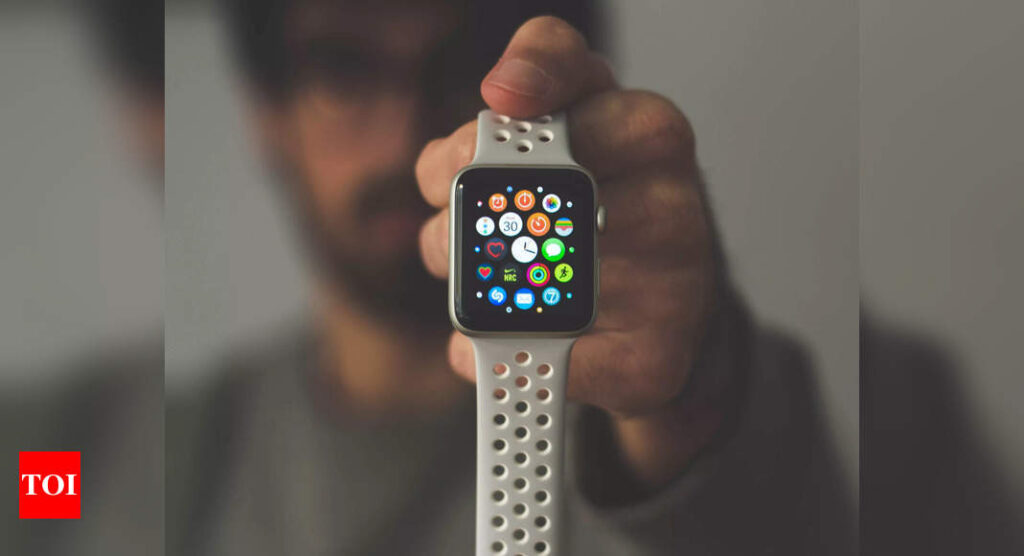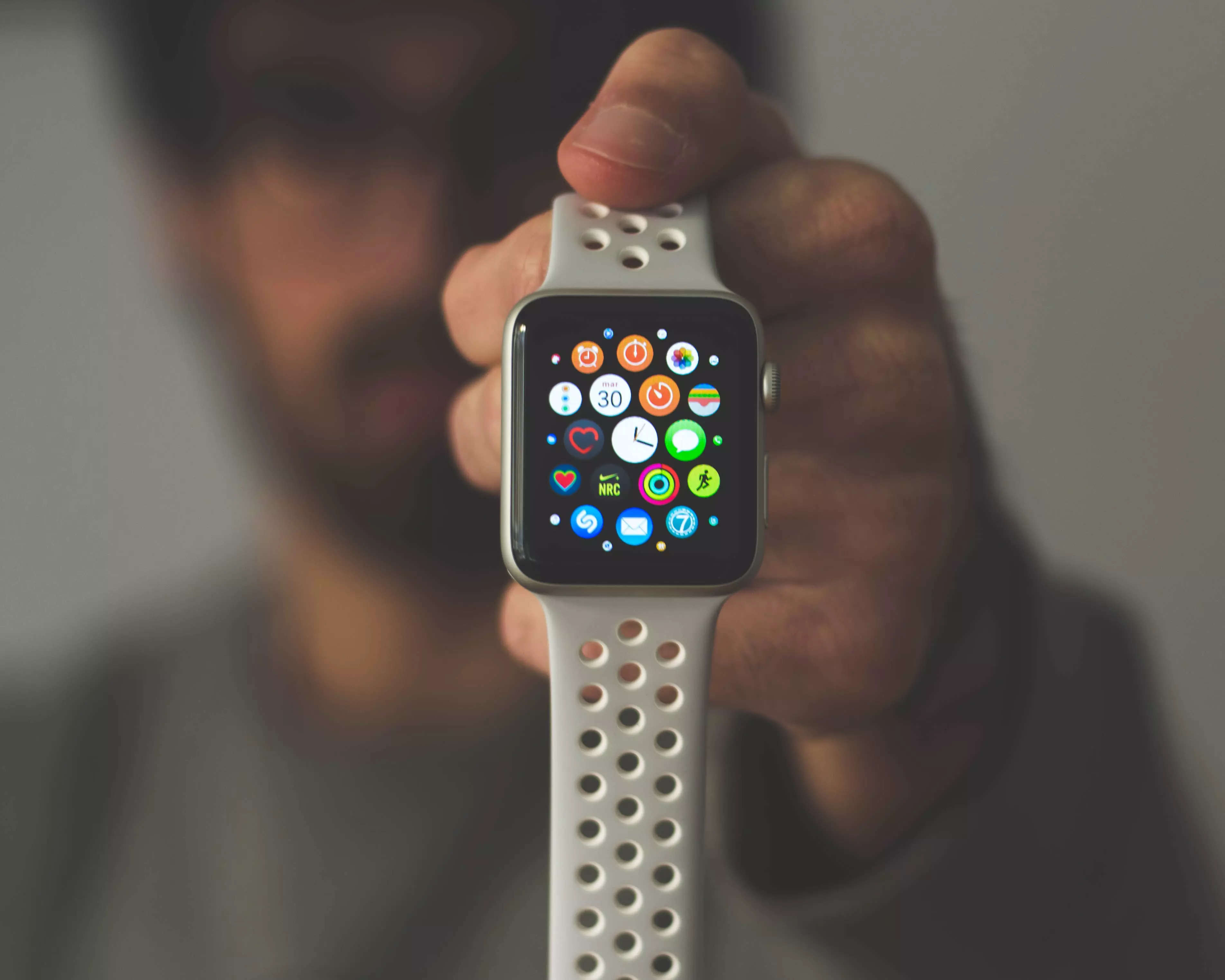[ad_1]
Get notifications for high and low heart rate
Apple Watch constantly tracks your heart rate and provides notifications if it detects unusually high or low heart rates. This feature can be customized to your preferred threshold or turned off if desired.
Irregular rhythm notifications
The watch periodically checks your heart rate for irregular rhythms, which could indicate atrial fibrillation (AFib). AFib is an irregular heart rhythm that can go unnoticed or cause symptoms like rapid heartbeat, palpitations, fatigue, or breathlessness. Your watch’s optical heart sensor monitors your pulse wave and notifies you if irregular rhythms are detected. It records the data for further review.
Check ECG on the Apple Watch
If you experience symptoms like a rapid or irregular heartbeat, the ECG app lets you capture an electrocardiogram (ECG) directly from your watch. Using the built-in electrical heart sensor, it records a single-lead ECG, providing results such as sinus rhythm, AFib, AFib with a high heart rate, or inconclusive. You can also input symptoms for a comprehensive report. The recorded data can be exported as a PDF for sharing with healthcare professionals.
Get to know your cardio fitness
Apple Watch estimates your cardio fitness level, known as VO2 Max, which measures your body’s oxygen consumption during exercise. Traditionally, this test is conducted in a clinic and can be strenuous. Apple Watch offers a scientifically validated estimate, allowing you to monitor your fitness level. You can even receive notifications if your classification drops to “low,” signalling potential long-term health risks. Improving your cardio fitness is achievable through regular and more intense exercise, and the watch helps you track your progress.
Check your Afib History
This feature provides an estimate of the time your heart exhibits signs of AFib. Monitoring this duration is crucial, as it correlates with symptom severity, quality of life, and the risk of complications. AFib History also allows you to track lifestyle factors such as sleep, exercise, and weight, which can influence the occurrence of AFib.
[ad_2]
Source link











More Stories
Google Maps: Three privacy features coming to Google Maps on Android, iPhones
Most-Downloaded IPhone App: This Chinese app was the most-downloaded iPhone app in the US in 2023
Ukraine’s largest mobile operator goes offline for millions of users after cyber attack